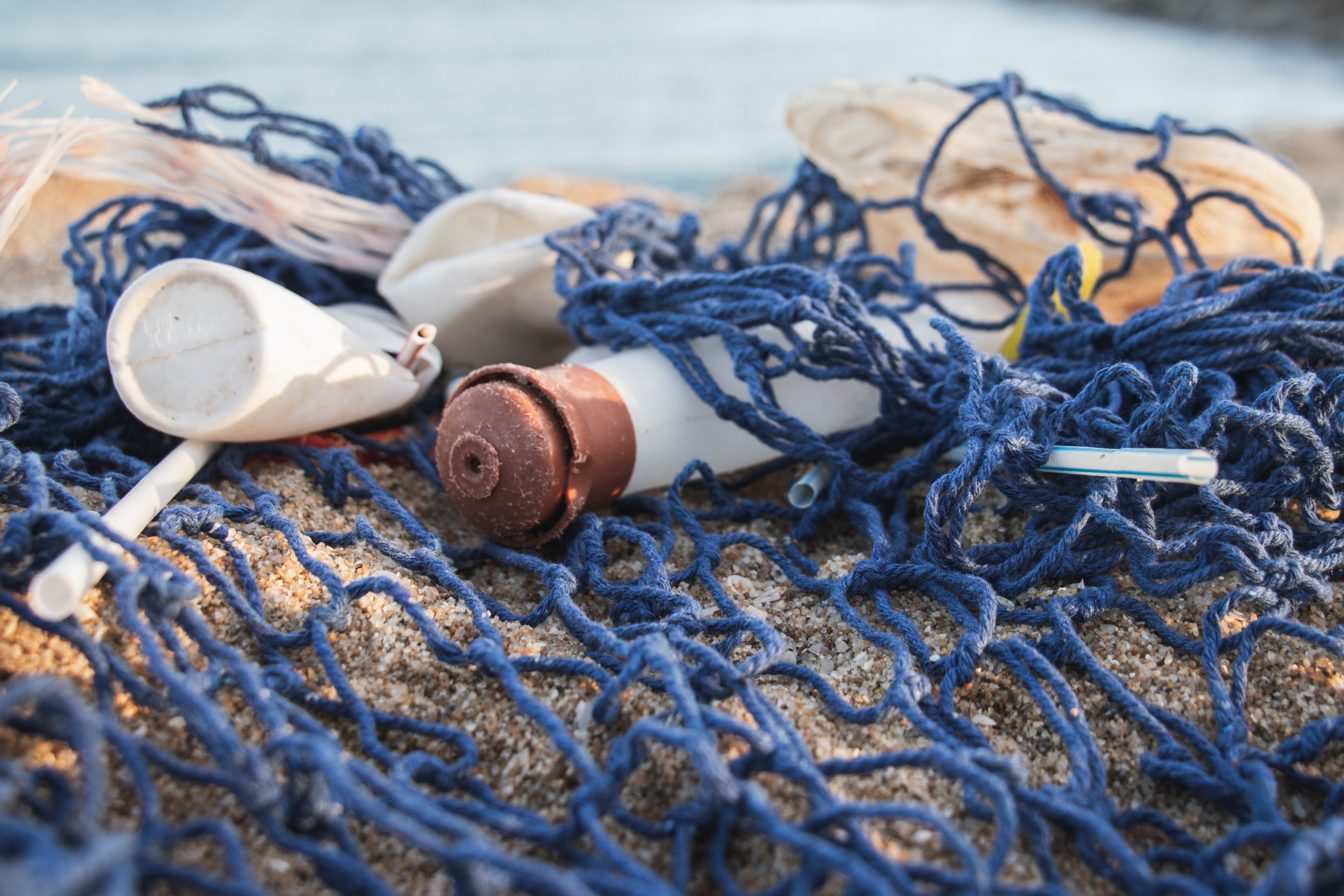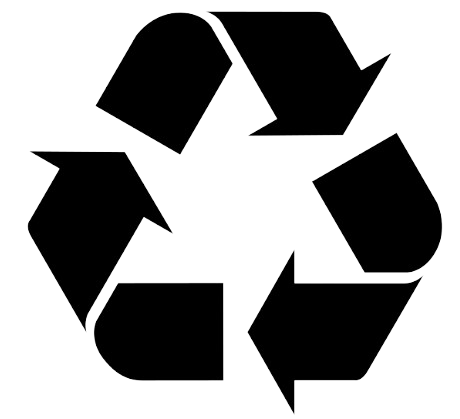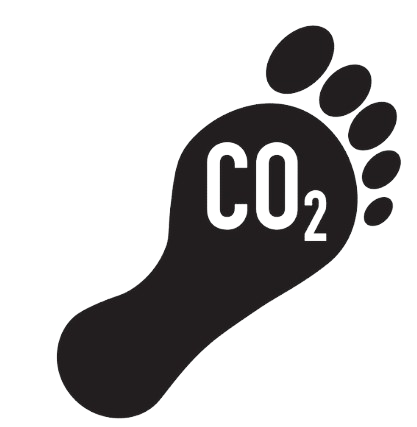Battling Plastic Ocean Pollution

With the plastic waste crisis rising at alarming rates, we’re always looking for new ways to tackle our own carbon footprint and create a more sustainable future. Research by the United Nations reveals that there are over 51 trillion microplastic particles in our waters, an immense statistic that highlights the damage being caused to our ecosystems. While more action needs to be taken, we’re delighted to see the innovative work by Co Cork inventor Fionn Ferreira, a Google Global Grand Prize winner and, more recently, a recipient of a European Inventors Award. His patented method of removing microplastics from the water was developed after seeing first-hand the amount of plastic washing up on the coastline. His simple yet effective system uses a magnetic liquid mixture, which binds to microplastic particles to separate them from water, allowing for their removal using magnets.
His latest prototype removed over 85% of microplastics and can be used safely in drinking water. As Ferreira works to launch this method on a larger scale, the immensity of the plastic waste crisis is one that cannot be ignored.
Let’s take a closer look.
How bad is the plastic waste crisis?
Plastic ocean pollution has reached alarming levels, posing an unprecedented ecological crisis.
Thanks to our reliance on plastic for convenience, the adverse impact on marine ecosystems has become a pressing global concern. The scale of plastic ocean pollution is staggering. According to recent estimations, our oceans are estimated to contain over 150 million metric tons of plastic waste, with an additional 8 million tons being added each year. This pollution originates from various sources, including inadequate waste management systems, industrial waste, and the littering habits of individuals.
The Impact on Marine Life
The ramifications of plastic pollution on marine life are devastating. Sea turtles, whales, seabirds, and other marine species often mistake plastic debris for food, leading to ingestion, entanglement, and ultimately death. The ingestion of microplastics also contaminates food chains, with humans unintentionally consuming microplastics through seafood.
Plastic pollution poses significant threats to marine ecosystems. Plastic debris acts as artificial rafts for invasive species, disrupting native biodiversity and compromising the reproductive process of marine organisms. The decline in fish populations also creates a ripple effect through the food chain, negatively impacting the livelihoods of coastal communities dependent on healthy marine ecosystems.
How to Combat the Crisis
While individual initiatives to remove microplastics from the water are crucial, more needs to be done to combat the issue.
At Kedel, we aim to continue raising awareness of the plastic crisis; however, more public awareness is needed on the environmental impact of plastic pollution.
Improvements in waste management systems are key to combatting the current situation. From increased recycling facilities to stricter regulations on waste disposal and incentivised plastic packaging alternatives, there are plenty of ways to support individuals and businesses transitioning to more environmentally friendly processes and materials.
Switching habits is paramount when it comes to us all ‘doing our bit’. While plastic is seen as convenient, its consumption is not essential. Individuals must actively reduce, reuse and recycle their plastic or switch to eco-friendly alternatives such as Kedel’s recycled plastic wood. Our sustainable materials are designed to last a lifetime, with no rotting, warping or splitting; plus, they can be recycled again when not in use. Switching to innovative solutions like this can help minimise the long-term impact of plastic on marine ecosystems and the wider environment.
It’s no exaggeration to say that the ocean pollution crisis needs immediate action. Whether it’s through raising awareness, improving waste management systems or promoting the switch to sustainable material alternatives, it’s time to start working towards an eco-friendly future. At Kedel, our commitment to sustainable living remains the same. To find out more about our process and materials, read more here. Alternatively, why not take a look at our recycled plastic wood, furniture and landscaping products?

.png)

 100% Recycled Plastic
100% Recycled Plastic Will Never Rot
Will Never Rot 25 Year Guarantee
25 Year Guarantee Low Carbon Footprint
Low Carbon Footprint